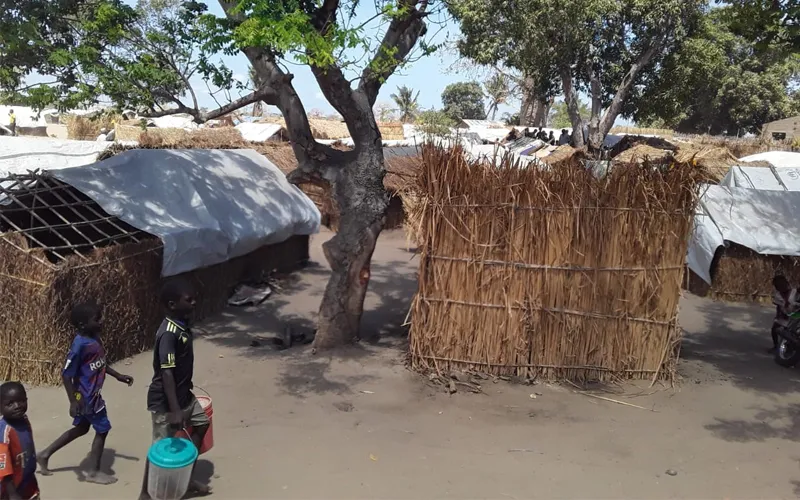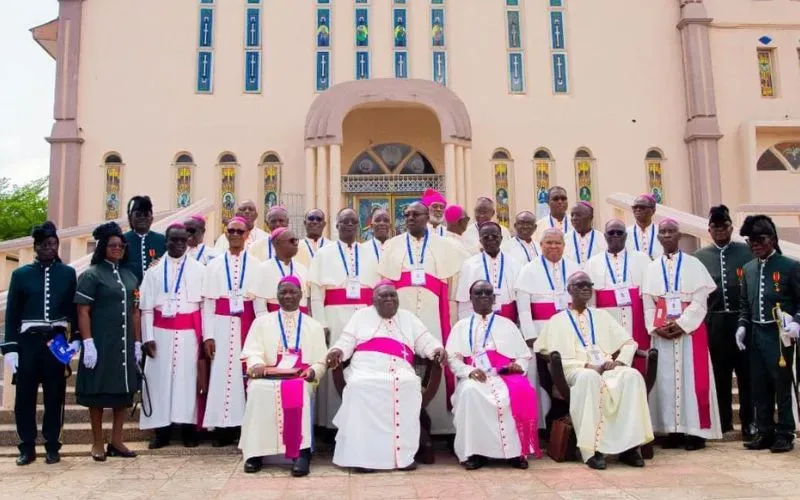Some young people, the Catholic Bishops in Southern Africa noted, have gone for long periods without school instruction due to the restrictions occasioned by the COVID-19 pandemic.
“Even as learning moved online in some cases, the COVID-19 pandemic has simply revealed the problems of systemic inequalities in the economic sphere in our different countries with the poorer young people unable to access these online platforms,” the Bishops lament.
They add, “Some young people were left behind as those from more affluent societies easily forged ahead with their education.”
The members of IMBISA note that the problem of inequality, especially in the economic sphere, has left many young people exposed to exploitation by those who they say “foment violence and other social ills.”
“As a result of a certain disenfranchisement, some young people have tended to migrate so as to eke out a living elsewhere, far from home and their normal surroundings,” they say.
(Story continues below)
IMBISA members urge Southern African governments to rethink their strategies aimed at ending economic inequalities in the region.
“We further call upon our governments in the Region to rethink the economic systems that have all along been implemented as they have not succeeded in addressing the economic inequalities currently prevailing,” they say, and add, “Young people must be at the centre of every economic development in the countries of the region.”
In their statement addressed to the Bishops, Clergy, People of God in the IMBISA region and all people of goodwill, the Catholic Bishops end by envisioning a prosperous and violence-free Southern Africa.
“The Easter Season fills us with much hope that indeed all these difficulties can be overcome and addressed,” they say, and add, in reference to Pope Francis’ Encyclical Letter, Fratelli Tutti, “We thus invite all Christians and all people of goodwill to continue searching and walking together for peace like St. Francis of Assisi who did not wage a war of words…but simply spread the love of God.”
“We dare to dream of a peaceful Southern Africa. Let us dream, then, as a single human family, as fellow travelers sharing the same flesh, as children of the same earth, which is our common home,” the members of IMBISA say in their report published April 28.
Agnes Aineah is a Kenyan journalist with a background in digital and newspaper reporting. She holds a Master of Arts in Digital Journalism from the Aga Khan University, Graduate School of Media and Communications and a Bachelor's Degree in Linguistics, Media and Communications from Kenya's Moi University. Agnes currently serves as a journalist for ACI Africa.








